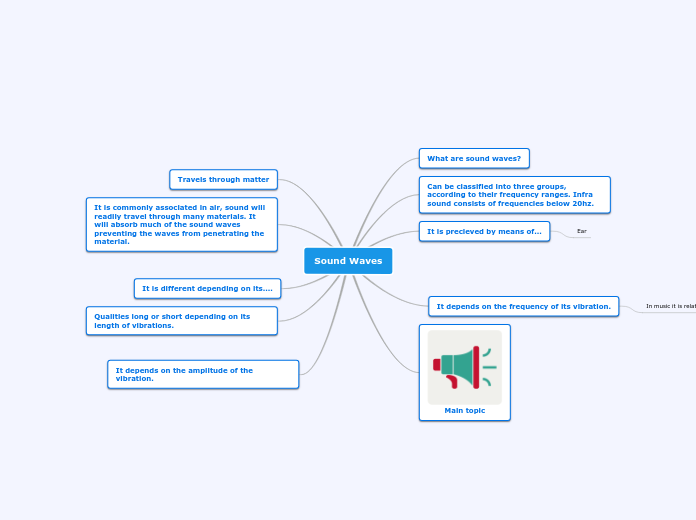PRESENT PAST FUTURE TENSE
Use this mind map structure to discover unseen connections, generate new ideas and reach a better understanding of any given subject.
FUTURE
Next month
Later this evening
Eventually
In the near future
Soon
Next week
Tomorrow
Tonight
AUXILIAR VERB
BE GOING TO
Auxiliary + Subject + Goint to
+ Verb(Infinitive) + Complement + ?
Subject + Negative auxiliary + Going to + Verb + Complement
Subject + Auxiliary + Goint to + Verb (Infinitive) + Complement
WILL
The will in English is commonly recognized as the auxiliary used to form future tenses
PRESENT
State the main idea of the essay. This will be your thesis statement.
Nowadays
these days
at the moment
As we speak
Now
This week
Today
ADVERBS OF FREQUENCY
-Always -Usually -Frequently -Often -Sometimes -Seldom -Not often -Never
-Brush -sleep -study -read -play -go to home -get up -have breakfast -have lunch
In the introduction you should state the ideas what you want to defend along the essay.
PLURAL
ARE
THEY
WE
YOU
SINGULAR
IS
IT
SHE
HE
AM
I
PAST
The key points are the arguments which will support your thesis. These can be agreeing arguments or disagreeing arguments too, in each case they need to reflect on the main idea.
TIME EXPRESSIONS
This morning
In the past
A long time ago
Recently
An hour ago
Last week
Yesterday
ACTION VERBS
IRREGULAR
Verbs that completely change their structure in the past.
Felt
Bought
Did
Ate
Went
Verbs that have the same past as the present, that is, they are written in the same way, their structure does not change.
Read
Cut
Verbs that only change one letter to form their past tense
Made
Came
REGULAR
rules of verb endings
double consonant
Stopped - Chopped -Planned
ied
-Studied -Cried -Copied -Tried
D
Danced -Liked -Loved -Lived
Ed
-Played -Washed -Offered -Jumped -Enjoyed -Talked
VERB BE
Interrogative
Were We?
Were You?
Were They?
Was I?
Was He?
Was She?
Was It?
Negative
Were Not- Weren't
Was Not- Wasn't
Affirmative
Plural
Were
We
You
They
Singular
Was
I
He
She
It









